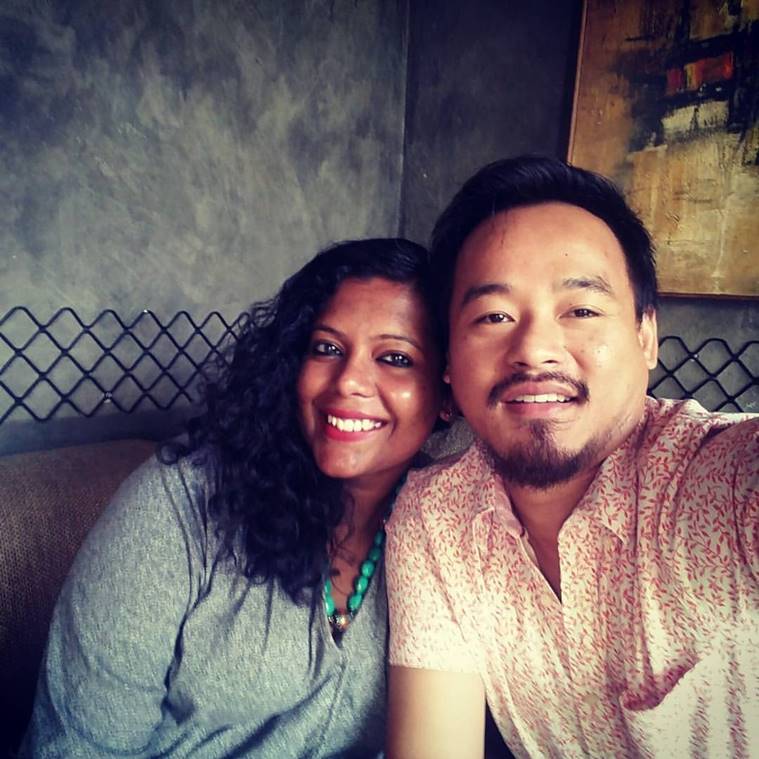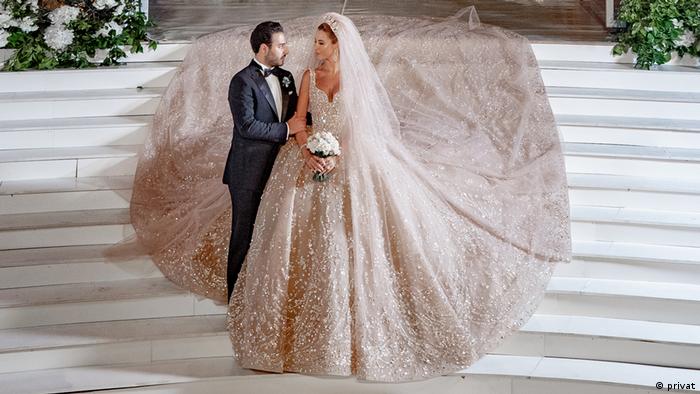It contradicts a 1986 Supreme Court ruling that states interfaith marriages are legal by way of a court order

The top court in Indonesia has come out with a circular requesting courts not to grant a nod to interfaith marriages contradictory to its 1986 ruling which makes interfaith marriages legal in the Muslim-majority Southeast Asian nation.
In the July 17 circular, Muhammad Syarifuddin, chairman of the Supreme Court, emphasized the need to establish guidelines to “provide certainty and unity in the application of law in adjudicating applications for the registration of marriages between people of different religions and beliefs.”
The Supreme Court stressed that “a valid marriage is a marriage that is carried out according to the laws of each religion and belief” in accordance with the 1974 Marriage Law.
The circular contradicts a 1986 Supreme Court ruling that states interfaith marriages are legal in Indonesia by way of a court order. The order later became the jurisprudence for judges in deciding similar cases.
This order was banked on by religious institutions, including the Catholic Church, to conduct interfaith marriage ceremonies.
The new circular came after Muslim groups protested against several court decisions that recently granted a nod to marriages between Muslim and Christian couples.
Father Yohanes Aristanto Heri Setiawan of the Missionaries of the Holy Family (MSF), executive secretary of the Indonesian Bishops’ Conference Family Commission, said that he was not ready to comment on this circular.
“We are still discussing the response to the circular letter,” he told UCA News on July 20.
Ahmad Nurcholish, a Muslim cleric and program director for the Indonesia Conference on Religion and Peace, said the circular was “an extraordinary setback for the Supreme Court” because it contradicted the 1986 ruling which actually provided a way out for interfaith couples.
“I am disappointed and surprised,” said Nurcholish, who is also a counselor for interfaith couples. He claims to have helped 1,655 interfaith couples marry since 2005.
With the circular, it is possible that interfaith couples will marry abroad only to re-register later in Indonesia, he told UCA News.
“They may also be forced to choose a religion, even if temporarily, just to have their marriage legalized,” he said.



 Annie and Satyabrata
Annie and Satyabrata
 Ouagadougou, Burkina Faso – It happened more than 20 years ago, but Inoussa Bouda remembers it as if it happened yesterday.
Ouagadougou, Burkina Faso – It happened more than 20 years ago, but Inoussa Bouda remembers it as if it happened yesterday.
 Unusually for a couple in Dubai, theirs is a mixed-faith marriage, with Mina – born a Catholic – choosing not to follow standard practice by converting to Islam when they tied the knot.
Unusually for a couple in Dubai, theirs is a mixed-faith marriage, with Mina – born a Catholic – choosing not to follow standard practice by converting to Islam when they tied the knot.


 Tunisia has overturned a law that banned women from marrying non-Muslims.
Tunisia has overturned a law that banned women from marrying non-Muslims.